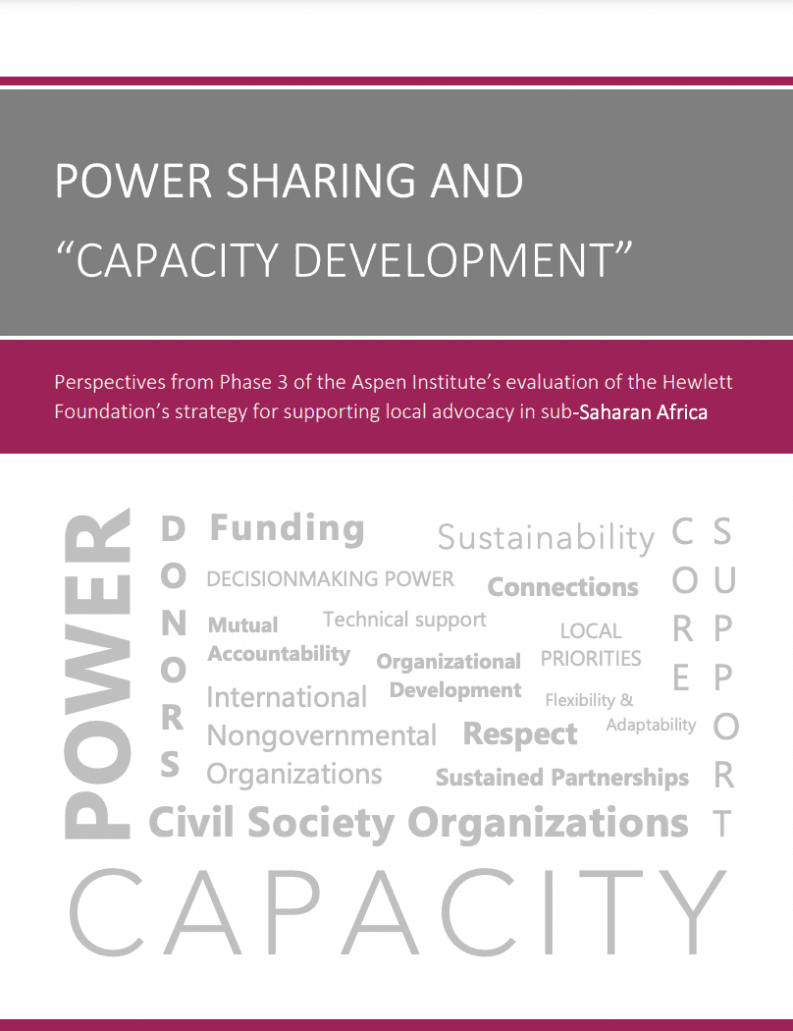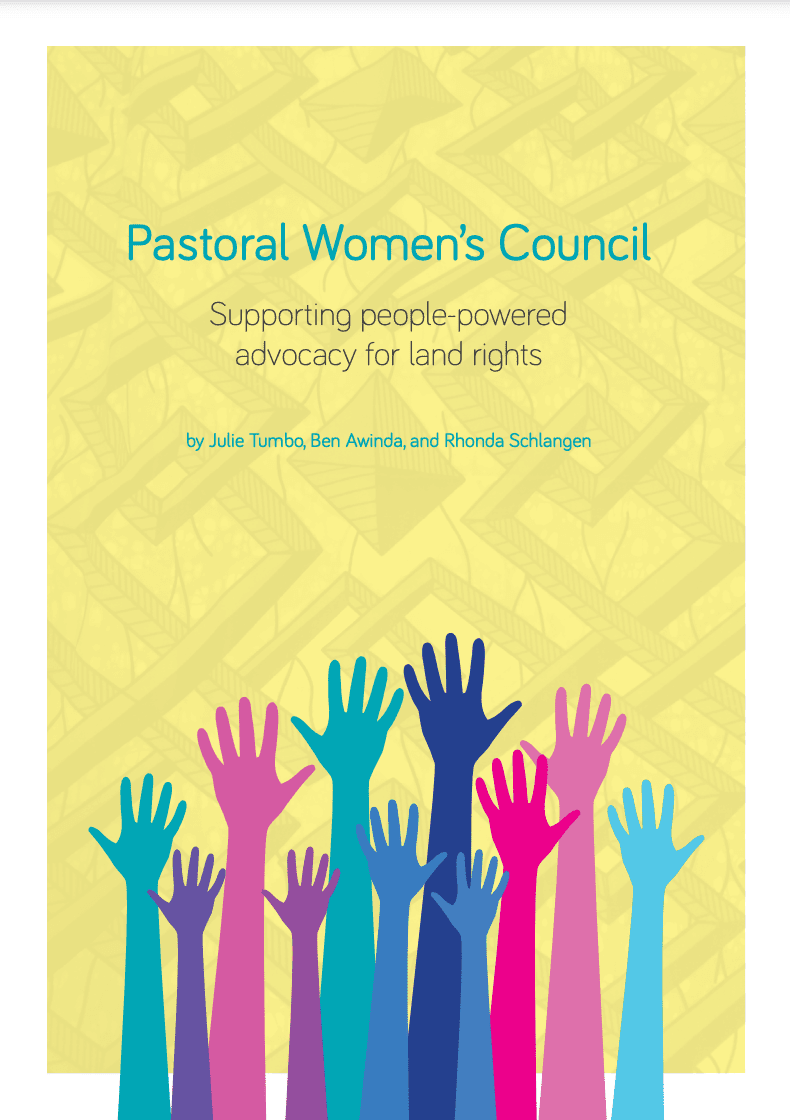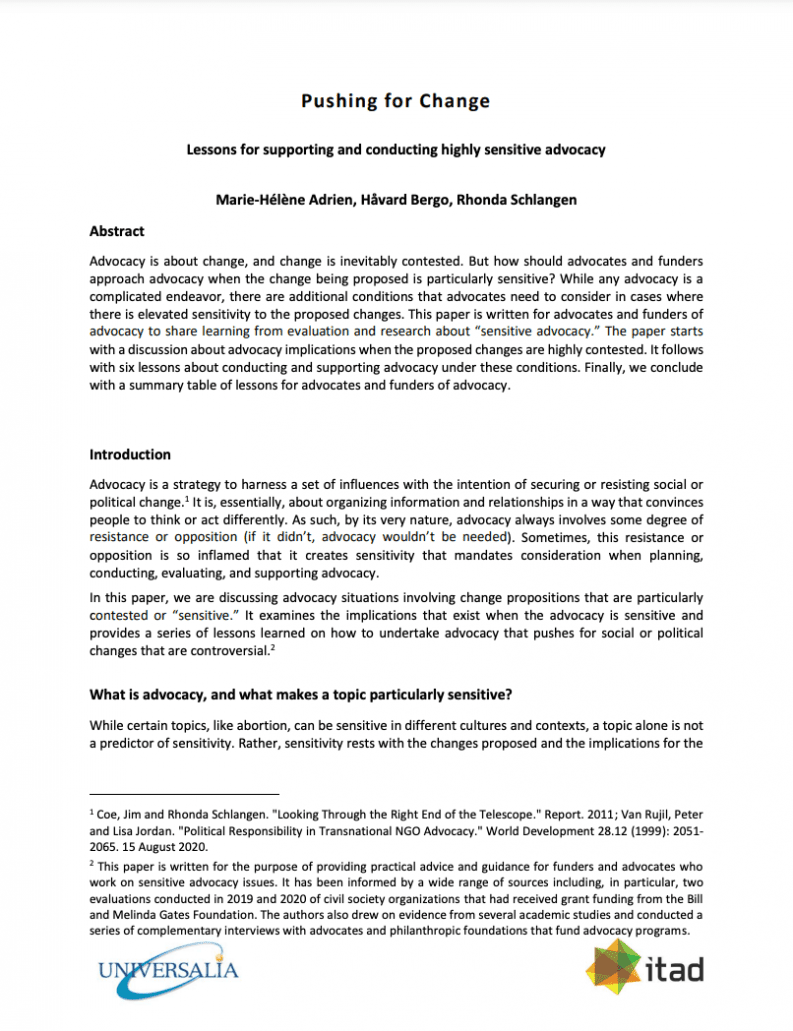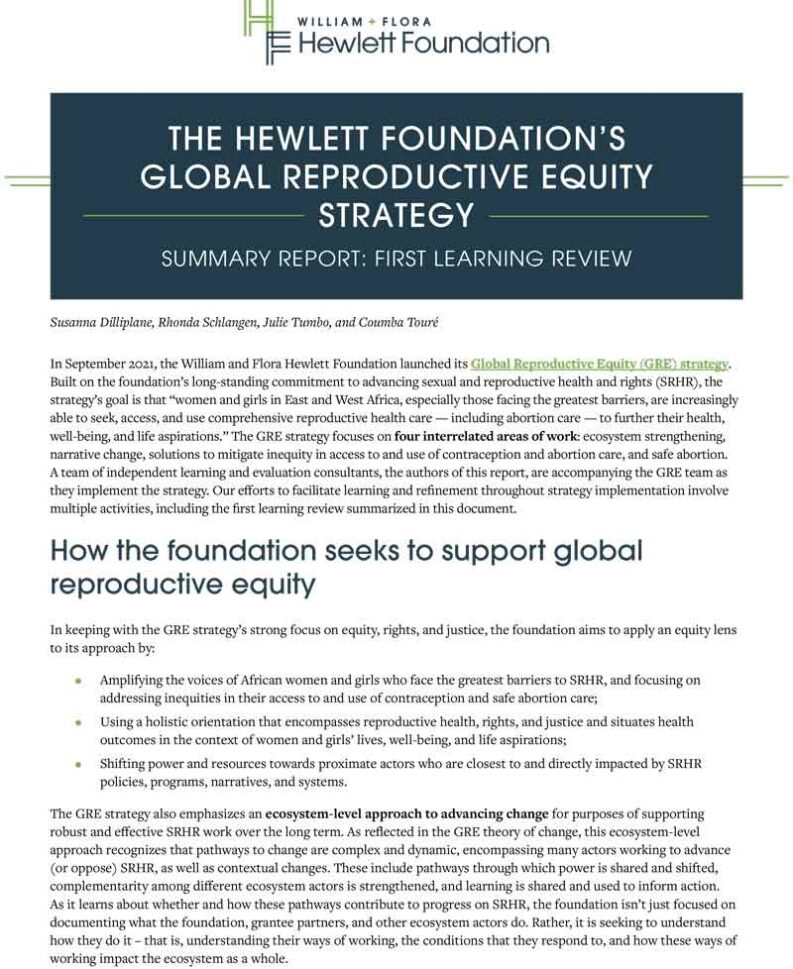PUBLICATION | SEPTEMBER 2020
Power Sharing and “Capacity Development”: Lessons from the Hewlett Foundation’s Strategy to Support Local Advocacy in Sub-Saharan Africa
By David Devlin-Foltz, Susanna Dilliplane, Rhonda Schlangen, Julie Tumbo, and Coumba Touré
In 2016, the William and Flora Hewlett Foundation articulated a bold goal for its international reproductive health strategy to support local advocacy in sub-Saharan Africa: A vibrant sector of local civil society organizations (CSOs) in sub-Saharan Africa that can capably and positively influence the family planning and reproductive health policies and funding decisions of their own national governments and of international donors. The strategy is grounded in a set of five principles intended to encourage a shift in power towards local CSOs and to strengthen CSOs’ capacity to advocate. This report, part of a five-year learning process led by the Aspen Institute’s Aspen Planning and Evaluation Program, explored whether and how practices aligned with the principles contributed to the intended outcomes of shifting power towards CSOs and strengthening their organizational and advocacy capacity. The report is available in French and English.

